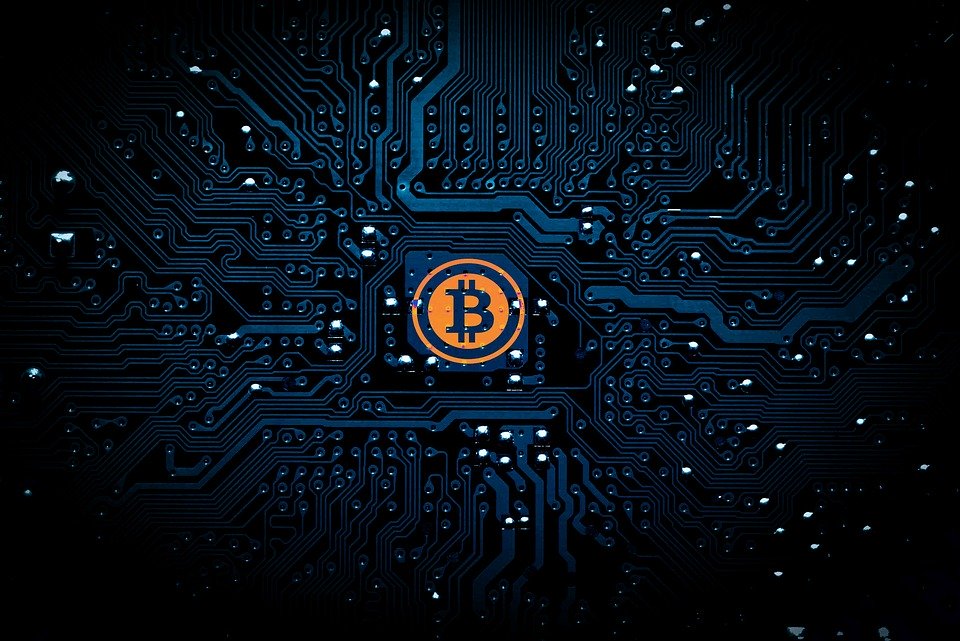Empowering Relationships: BVSM Marriage Services
Explore expert advice and support for successful marriages.
Level Up: How Cryptocurrency is Changing the Game in Gaming
Discover how cryptocurrency is revolutionizing the gaming industry and unlocking new opportunities. Don’t miss out on the future of play!
How Blockchain Technology is Revolutionizing In-Game Economies
The emergence of blockchain technology is fundamentally altering the landscape of in-game economies by introducing transparency, security, and ownership to digital assets. Traditionally, in-game currencies and items are confined within the game’s ecosystem, restricting players' ability to trade or sell these assets outside the game. However, with the integration of blockchain, developers can create decentralized platforms where players can genuinely own their in-game assets as non-fungible tokens (NFTs). This transformation empowers users with the ability to trade, sell, or even stake their assets for real-world value, thereby enhancing the entire gaming experience.
Moreover, the use of smart contracts on blockchain networks facilitates automated and fair transactions, eliminating the risk of fraud that often plagues traditional gaming marketplaces. Players can engage in peer-to-peer trading without the need for intermediaries, ensuring that both parties are secure in the transaction process. As a result, blockchain technology not only changes how players interact with in-game economies but also fosters a sense of community and collaboration among gamers, who can now participate in a more open and equitable digital economy.

Counter-Strike is a popular first-person shooter game where teams compete to complete objectives such as bomb defusal or hostage rescue. Many players enjoy the competitive nature of the game, making tactical decisions and precise aiming crucial for success. If you're looking for extra excitement in gaming, check out this duelbits promo code that can enhance your experience.
The Rise of Play-to-Earn: How Cryptocurrency is Reshaping Gaming Careers
The gaming industry is undergoing a significant transformation with the advent of Play-to-Earn (P2E) models, where players can earn cryptocurrency and tangible rewards through their gameplay. Unlike traditional gaming, where players invest time and money with no financial return, P2E offers an innovative approach that incentivizes player engagement. As cryptocurrency becomes more integrated into gaming, it is not only reshaping how games are monetized but also how careers in the gaming industry are evolving. Game developers, players, and marketers are now exploring new opportunities that arise from this economic shift, leading to an influx of new job roles and careers that focus on blockchain technology and cryptocurrency assets.
The implications of the Play-to-Earn revolution extend far beyond personal gaming experiences. For example, many players in regions with limited economic opportunities are finding new paths to financial independence through these platforms. The rise of P2E has led to the creation of communities where players can collaborate, trade, and compete, all while building their portfolios in a decentralized economy. As the gaming landscape shifts towards these innovative frameworks, professionals in the gaming sector must adapt, honing skills that incorporate cryptocurrency knowledge and understanding of blockchain mechanics. The future of gaming careers looks bright, with the potential to reshape not just careers but also the overall economy.
Will NFTs in Gaming Change the Way We Own Digital Assets?
The rise of NFTs (Non-Fungible Tokens) in the gaming industry is revolutionizing how we perceive and own digital assets. Traditionally, players purchase in-game items or skins but lack true ownership, as these items are often tied to the platform or publisher. With NFTs, gamers can buy, sell, and trade unique digital assets on blockchain platforms, granting them real ownership over their purchases. This shift not only enhances player engagement but also fosters a vibrant secondary market where items can accrue value, similar to collectibles in the physical world.
Moreover, the integration of NFTs in gaming paves the way for more personalized gaming experiences. Developers can create unique in-game assets that players can truly claim as their own. This could lead to a new era of digital ownership, where gamers can unlock, share, and even monetize their creations. As we move forward, it remains to be seen how this trend will reshape not just gaming, but our overall understanding of ownership in the digital landscape.